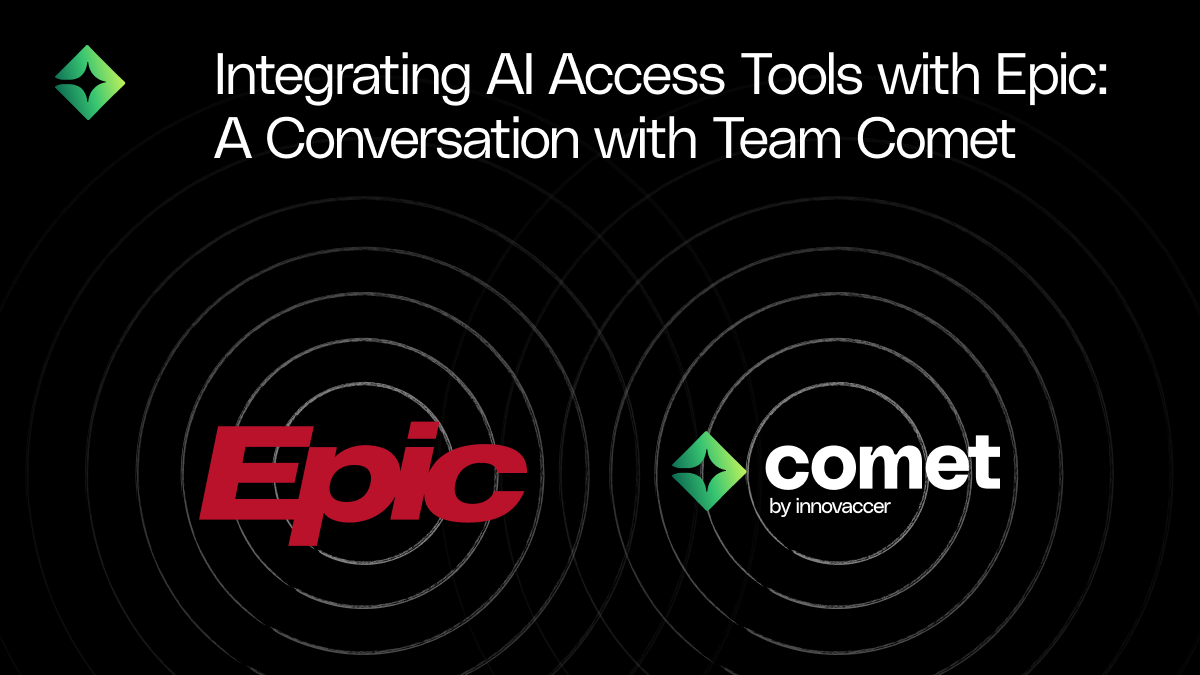The 5 Features of a Successful Care Management Solution That Boosts Care Delivery and Reduce Burnout

One of the most pressing challenges in healthcare today is physician and healthcare staff burnout, which is exacerbated by a shortage of skilled healthcare professionals. Industry surveys indicate that 35-54% of nurses and care managers report high levels of burnout. This crisis has far-reaching implications for the well-being of the care staff, the quality of patient care, and value outcomes as burnout can lead to a 7% increase in medical errors and a 6% increase in patient mortality. As healthcare organizations strive to transition to value-based care models, addressing these workforce challenges becomes critical to achieving desired outcomes.
Care management tool challenges
- Lack of intelligence and the burden of manual documentation: Care managers often spend a significant amount of time on administrative tasks, which detracts from their ability to engage with patients and coordinate care effectively. The absence of intelligent tools to streamline documentation and provide actionable insights hampers the efficiency and effectiveness of care management efforts.
- Limited integration with multiple EHRs: Many tools are tightly coupled with specific EHRs, making it difficult to support the needs of regional primary care providers (PPC) who use different EHR systems. This lack of integration leads to fragmented patient records and hampers the ability to deliver coordinated care.
- Inadequate clinical assessments and care plans: Some care management tools lack pre-built clinical assessments and care plans with logical workflows. Instead, they often use lengthy, generic, and siloed questionnaires that do not adapt dynamically to the patient's needs. This results in inefficient care processes and diminished patient engagement.
- Low configurability: Healthcare providers need the flexibility to build their workflows and protocols to suit their specific care processes. However, many off-the-shelf solutions offer limited configurability, forcing providers to adapt their processes to the tool rather than the other way around. This lack of flexibility can impede the implementation of efficient care management practices.
- Payer-Centric Workflow Tools:Many available care management workflow tools are designed with a payer-centric approach rather than focusing on the needs of care providers. This misalignment can lead to tools that do not fully support the clinical and operational requirements of care managers, resulting in suboptimal care delivery and management.
Five features of effective care management tools
Implementing a care management softwarey with these five essential features can help address the challenges faced by care managers and significantly improve patient care and value outcomes. Based on feedback from over 100 care managers, a care management tool must have these five features to address challenges.
- Integrated data from multiple sources: To understand the patient population comprehensively, care managers need access to integrated data from multiple sources. A unified patient record that consolidates data from different EHRs and other health information systems is crucial for effective care management by enabling care managers to make informed decisions and provide coordinated care.

- AI for documentation: Implementing an AI copilot that assists care managers in documenting patient interactions can reduce the burden of documentation and deliver aggregated, AI-driven insights at the point of care. It can also recommend the next steps for patient care based on documented interactions, ensuring that care managers can focus more on patient engagement rather than administrative tasks.

- Predictive risk models: Essential for identifying patients who need urgent care, these models can predict avoidable hospitalizations, emergency department visits, and rising risk among the patient population. By identifying high-risk patients early, care managers can intervene proactively, prevent adverse health outcomes, and control costs for their ACOs.

- Automated patient assignment: Automatically assigning patients to care managers based on their conditions can optimize the workload distribution among care managers. This also helps to prevent care manager burnout. This feature ensures that patients receive appropriate care based on their specific needs and that care managers can manage their caseload efficiently.
- Automated patient engagement tools: Automated processes and tools for patient engagement, outreach, education, and compliance are vital for maintaining patient involvement in their care plans. These tools can help set reminders, provide educational materials, and monitor patient compliance, thereby enhancing patient engagement and improving health outcomes.

Learn more about Innovaccer’s comprehensive care management solution with an AI copilot and how it can help your organization overcome industry challenges. The solution was designed specifically to support care managers in delivering high-quality, patient-centered care while improving outcomes. It improves population health management and coordinates care across providers, streamlining workflows, and leveraging data-driven insights to enable care teams to proactively address urgent health needs.


.png)



.png)



.avif)









.svg)
.svg)

.svg)

